| Content | The book provides information to readers in general and members of all other sects of Islam in particular about the Shia Faith based on the tenets of the Quran, the Sunnah of the Prophet and the elucidations of the Islamic teachings by members of the Prophet's Household.
HEAVILY SUBSIDIZED BY WWW.WABIL.COM | Principles of good governance in the letter of Ali to al-Ashtar refers to a set of instructions and advice for rulers, reputedly addressed at Malik al-Ashtar (d. 657), the Arab military commander and an ardent supporter of Ali ibn Abi Talib (d. 661), who was the fourth Rashidun caliph (r. 656–661), the first Shia imam, and the cousin and son-in-law of the Islamic prophet Muhammad. The letter is attributed to Ali and outlines his conception of just and righteous governance, following the appointment of al-Ashtar as the new governor of Egypt circa 657 CE. Among the earliest extant records about Islamic rule, the letter has received considerable attention throughout the Muslim history as a blueprint for Islamic governance. The theme of the letter can be summarized as justice and compassion for all, regardless of class, creed, and color. Malik was killed en route to Egypt to assume his new post at the instigation of Mu'awiya, the archenemy of Ali.
HEAVILY SUBSIDIZED BY WWW.ISLAMICTHOUGHT.CO.UK | Since 9/11, "Islam" has become a buzzword, conjuring fiery images of fundamentalists and fanatics on a mission to bring down Western culture. This sensible book is a welcome reminder that Islam is a much more complex belief system -- one that in fact reflects and teaches progressive, humane values. Jafri covers progressive concepts of Islam, sectarian violence in the Islamic world, international terrorism and peace, the concept of social justice, freedom and rationalism in Islam, the status of women and human rights, and more. | This book, which is written by a well known scholar, a graduate of the Sorbonne, who switched from one Muslim school of thought to another, attempts to prove that the Muslims who truly follow the authentic Sunnah of the Prophet of Islam are actually none other than those referred to as the Shi as. It details how these Shi as (or Shi ites) learn this Sunnah from the closest people to the Prophet of Islam: his immediate family members. It traces the history of the Muslims of the first Islamic century and how they split into two camps, thus setting the foundations for both of these major sects. It also deals with the persecution to which the immediate family members of the Prophet of Islam were subjected and the politicians who played a major role in widening the gap between the followers of this sect and those of that. As for its style, the author restricts himself to quoting major authentic Sunni works to prove his point, relying on an in-depth study of the Islamic history in general and of that of the first century in particular. Many controversial themes are discussed in this book, including that of the infallibility of the Prophet of Islam and of the Twelve Imams who descended from Ali and Fatima, cousin and daughter of the Prophet respectively. Finally, the book concludes with an Appendix containing an Arabic poem in one thousand lines in praise of Commander of the Faithful Ali composed by an Iraqi poet for the Arabic speaking readers.
Heavily subsidized by www.wabil.com | The book, which requires brevity and concentration, is regarded as one of the best that deals with applied ethics. It is a guide for spiritual wayfarers on ethics and ways to strengthen one's faith, with the goal to reach Allah (swt). | Class 3 Fiqh by Majlis-e-Ulama Shia folder is used by most centres in UK. Topics covered (1) Furoo e deen (2) Concept of sin (3) Islamic terminology (4) Wudhu (5) Adhaan & Iqaamah (6) Salaah (7) Zakaat (8) Khumus (9) Hijaab (10) Ramadhan (11) Hajj. One of the best best Madressa available in English.
HEAVILY SUBSIDIZED BY WWW.ISLAMICTHOUGHT.CO.UK |

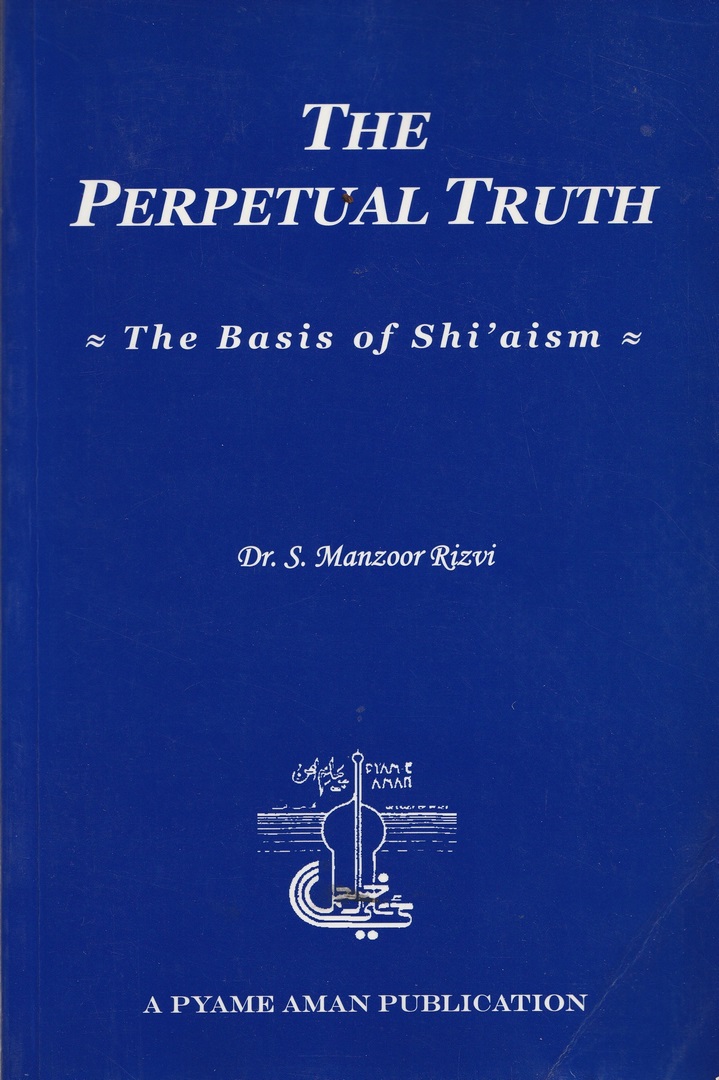
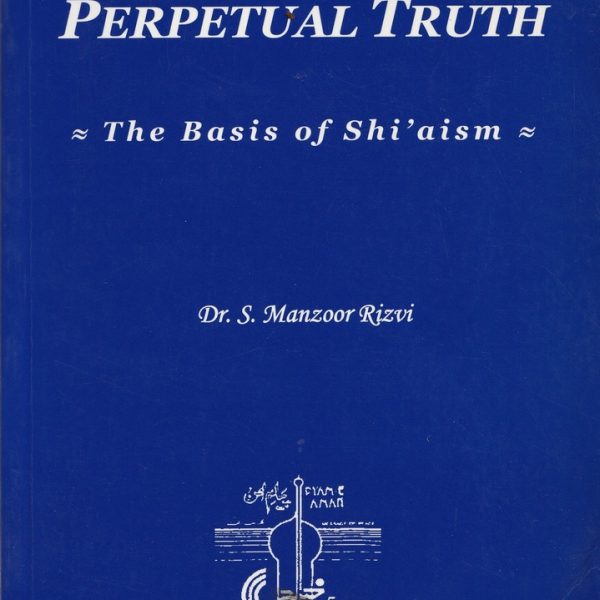
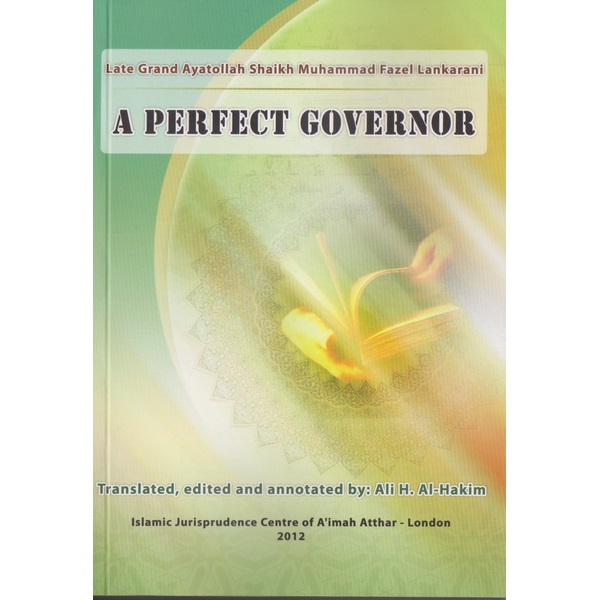

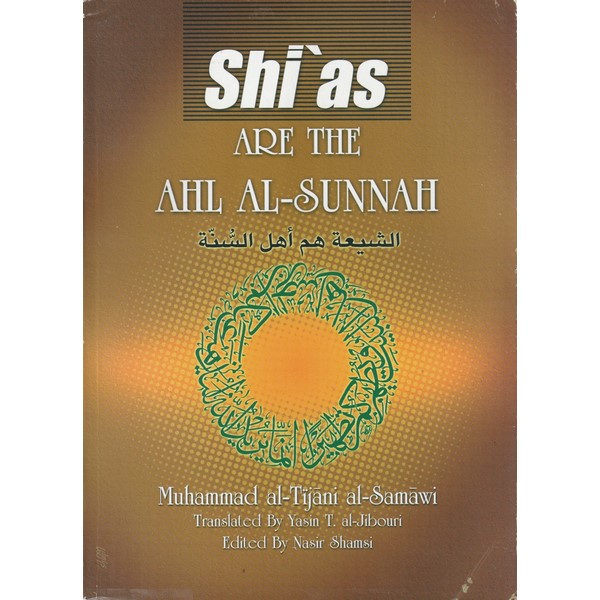
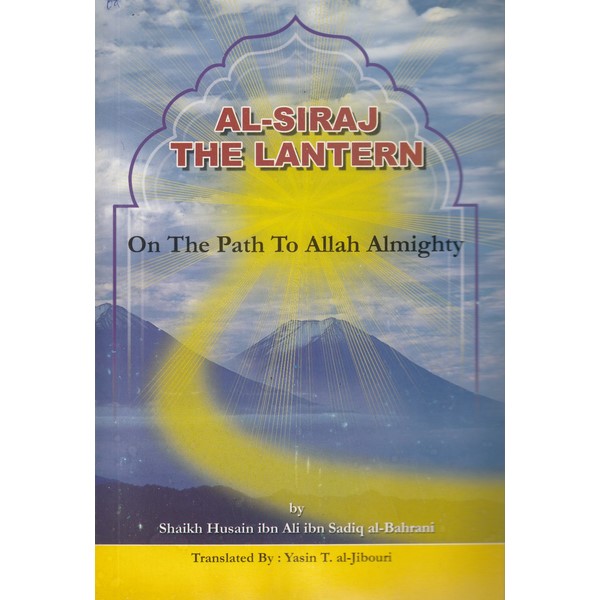


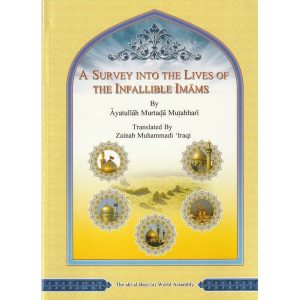

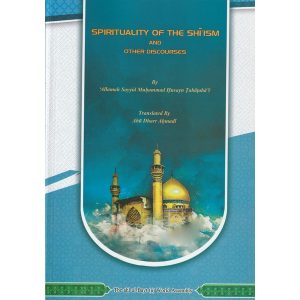
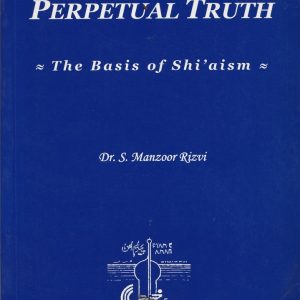
Reviews
There are no reviews yet.